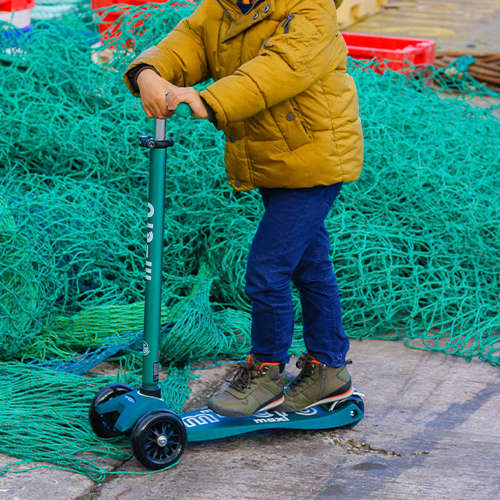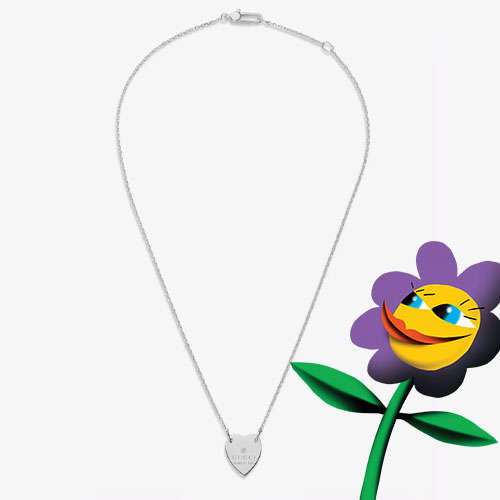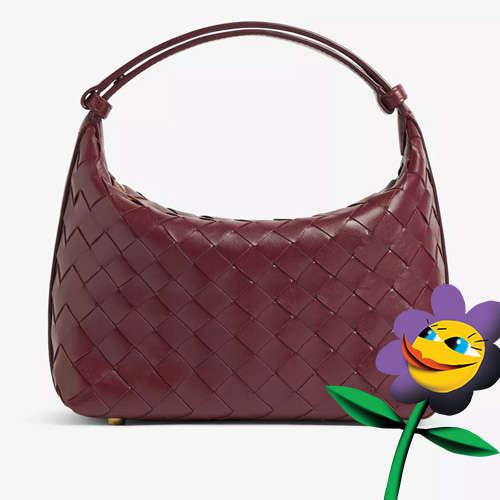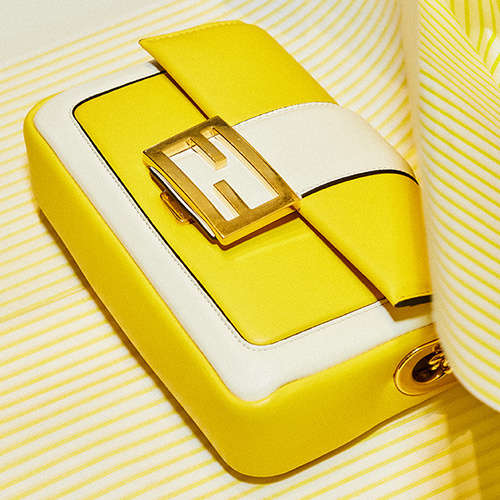- Australia / AUD $
- Canada / CAD $
- China / CNY ¥
- France / EUR €
- Germany / EUR €
- Hong Kong SAR China / HKD $
- Ireland / EUR €
- Italy / EUR €
- Japan / YEN ¥
- Kuwait / USD $
- Macao SAR China / HKD $
- Netherlands / EUR €
- Qatar / USD $
- Saudi Arabia / USD $
- Singapore / SGD $
- South Korea / KRW ₩
- Spain / EUR €
- Taiwan / TWD $
- United Arab Emirates / USD $
- United Kingdom / GBP £
- United States / USD $
- Not yours? Read more
Tell us what you think
Shop in your local currency and language
You are currently in Hong Kong HK / HKD $ store
- English
- English
- English
- English
- English
- English
- English
- English
- English
- English
- English
- English
- English
- English
- English
- English
- English
- English
- English
- English
- English
Did you know that we deliver to 130 countries or regions and offer a range of delivery options to suit you wherever you are in the world? Find out more
Sign up once to our Selfridges+ service and you can enjoy unlimited deliveries wherever you are in the world. FIND OUT MORE
International delivery
With almost everything on selfridges.com available for International Delivery, you can send your order to 130 countries or regions around the world, including North America, Australia, the Middle East and China.
Although we only offer 20 currencies to browse in online, you can still deliver to all of the following countries or regions:
- Algeria
- Andorra
- Antigua and Barbuda
- Aruba
- Australia
- Austria
- Azerbaijan
- Bahrain
- Bangladesh
- Barbados
- Belarus
- Belgium
- Belize
- Bermuda
- Bolivia
- Botswana
- Brunei
- Bulgaria
- Cambodia
- Canada
- Cayman Islands
- Chile
- China
- Colombia
- Costa Rica
- Croatia
- Cyprus
- Czech Republic
- Denmark
- Dominica
- Dominican Republic
- Ecuador
- Egypt
- El Salvador
- Estonia
- Finland
- France
- French Guiana
- Germany
- Gibraltar
- Greece
- Grenada
- Guadeloupe
- Guatemala
- Guernsey
- Guyana
- Honduras
- Hong Kong
- Hungary
- Iceland
- India
- Indonesia
- Ireland
- Israel
- Italy
- Jamaica
- Japan
- Jersey
- Jordan
- Kazakhstan
- Kenya
- Kuwait
- Laos
- Latvia
- Lebanon
- Lesotho
- Liechtenstein
- Lithuania
- Luxembourg
- Macau
- Malaysia
- Maldives
- Malta
- Martinique
- Mayotte
- Mexico
- Monaco
- Montserrat
- Morocco
- Myanmar
- Namibia
- Netherlands
- New Zealand
- Nicaragua
- Nigeria
- Norway
- Oman
- Pakistan
- Panama
- Paraguay
- Peru
- Philippines
- Poland
- Portugal
- Puerto Rico
- Qatar
- Reunion
- Romania
- Rwanda
- Saint Kitts and Nevis
- Saint Lucia
- Saint Martin (French part)
- San Marino
- Saudi Arabia
- Serbia
- Singapore
- Slovakia
- Slovenia
- South Africa
- South Korea
- Spain
- Sri Lanka
- Suriname
- Swaziland
- Sweden
- Switzerland
- Taiwan
- Tanzania
- Thailand
- Trinidad and Tobago
- Turkey
- Uganda
- Ukraine
- United Arab Emirates
- United Kingdom
- United States
- Uruguay
- Venezuela
- Vietnam
The California-cool label turning denim green
Not-so-fun fact: it takes up to 4,000 litres of water to make a single pair of jeans. Much of this waste water goes back into our rivers and oceans full of hazardous pesticides. Enter Boyish, the sustainable California brand founded in 2018 by Jordan Nodarse, former Director of Denim at cult ethical label Reformation. As Boyish joins the Selfridges squad (with a pop-up in our Denim Studio at Selfridges London on Tuesday 2 July), we caught up with Jordan to talk recycled fibres, vintage finds and why we should all be wearing men’s-inspired jeans.
Man, I feel like a woman
“It goes all the way back to my love of the movie Annie Hall and watching Diane Keaton kill it in her suit!” says Jordan. So it’s no surprise that the Boyish concept is centred around women wearing men’s jeans. “I hear a lot of women describe their style as boyish but sexy. It’s true. A men’s jean cuts a women’s butt very well. I took all the good parts of men’s jeans and applied them to women’s jeans.” Rigid denim is key here. “It should do what a bra does,” continues Jordan. “That’s the difference about our jeans and our fits.”
I took all the good parts of men’s jeans and applied them to women’s jeans.
Stitch in time
If you’re after the perfect pair of high-rise, straight-leg jeans, you often have to go vintage shopping. Boyish jeans are like an old find. As Jordan explains, “Whenever I travel, I always look for good weekend/night markets or vintage shops to hunt down some beautiful garments. I’ve always loved that phrase: ‘What is old is now cool again.’”
Whenever I travel, I always look for good weekend/night markets or vintage shops to hunt down some beautiful garments.
Heavy on the source
“Our biggest challenge is combatting green-washing from other brands, and journalists who don’t even know what sustainable or environmental manufacturing truly is,” asserts Jordan. So, Boyish works to ensure the use of natural and traceable fibres. “Many don’t realise that cotton fields around the world could still employ child and slave labour. That’s why it’s super important to know where your products come from – not just the factory but the fibre. We start at the source.”
It’s super-important to know where your products come from – not just the factory but the fibre.
Cotton on
When Jordan first arrived at sustainable brand Reformation as Director of Denim & Special Projects, cotton was initially off limits because of how much water and pesticides it used. He then “discovered more and more information about how to reduce water usage and pollution, utilise fibre that others would consider trash, minimise carbon emissions, and streamline the supply chain to be as short and efficient as possible”.
Jordan’s top 3 sustainable innovations
1. Material
Alternative materials with low environmental impact, such as the newest sustainable fibre, Tencel™ x Refibra™ Lyocell. Refibra™ recylces scraps from big fashion retailers and resues 99.9% of its water and materials.
2. Manufacture
Efficient and streamlined manufacturing practices, like keeping the supply chain short to reducing carbon emissions and utilising new technology like vapour-spray washing machines which use less water.
3. Misson
Partner with several organisations like 1% For The Planet and Solar Sister, which help women in rural Africa become solar entrepreneurs and enable villages to break away from using kerosene and other unsafe ways to generate energy.




























